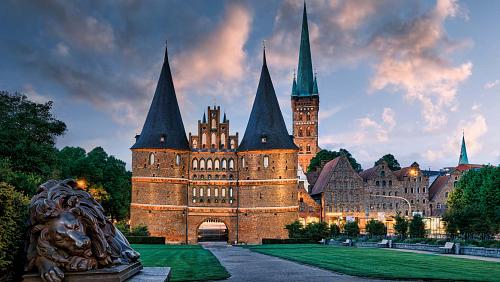In recent years, the push towards renewable energy sources has gained momentum across the globe. Germany, in particular, has been at the forefront of this movement, with a strong focus on waste-to-energy technologies. Waste to energy companies in Germany have been actively shaping the future of renewable energy by turning waste into a valuable resource for creating electricity and heat.
One of the key players in the German waste-to-energy sector is E.ON, a leading energy company that has invested heavily in converting waste into energy. E.ON operates several waste-to-energy plants across the country, using advanced technologies to process various types of waste, such as municipal solid waste, biomass, and biogas. These plants generate electricity and heat, which can be used to power homes, businesses, and even entire communities.
Another prominent player in the German waste-to-energy industry is MVV Energie AG, a company that specializes in the development and operation of waste-to-energy facilities. MVV Energie has been instrumental in driving innovation in the sector, implementing new technologies to improve the efficiency and environmental sustainability of waste-to-energy processes. The company has also been actively involved in promoting the use of renewable energy sources, such as biogas and biomass, as part of its overall energy strategy.
One of the key advantages of waste-to-energy technologies is that they help reduce the amount of waste that goes to landfills, which can help address the growing problem of waste management and landfill capacity. By converting waste into energy, these companies are not only generating electricity and heat but also reducing the environmental impact of waste disposal. This approach aligns with Germany’s commitment to sustainability and reducing greenhouse gas emissions, as outlined in the country’s renewable energy targets.
In addition to environmental benefits, waste-to-energy technologies also offer economic advantages. By generating electricity and heat from waste, these companies are creating valuable energy resources that can be sold to the grid or used to power their own operations. This can help reduce energy costs and create new revenue streams for waste management companies, making the waste-to-energy industry an attractive investment opportunity.
As Germany continues to transition towards a more sustainable energy future, waste-to-energy companies will play a crucial role in shaping the country’s renewable energy landscape. By turning waste into a valuable resource for generating electricity and heat, these companies are not only helping to reduce waste and greenhouse gas emissions but also contributing to the development of a more resilient and sustainable energy system.
Overall, waste-to-energy companies in Germany are paving the way for a greener future by harnessing the power of waste to create renewable energy. With continued investment in research and development, as well as policy support for renewable energy technologies, Germany is poised to remain a global leader in the waste-to-energy sector and drive the transition towards a more sustainable energy future.






